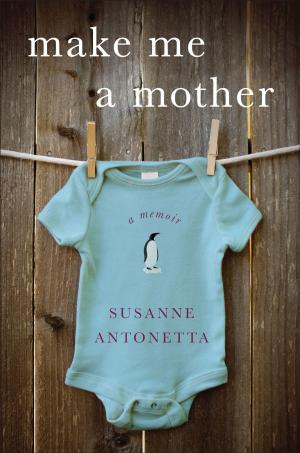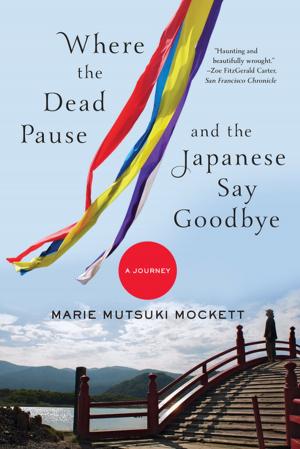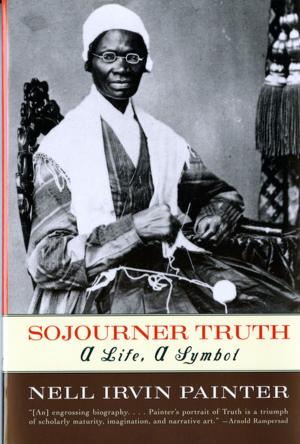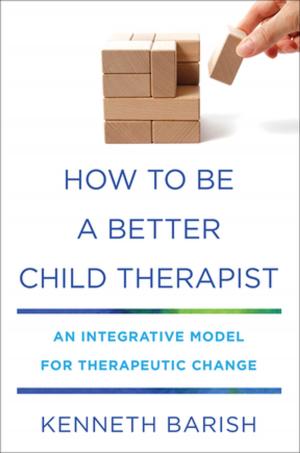When Broken Glass Floats: Growing Up Under the Khmer Rouge
Nonfiction, History, Asian, Southeast Asia, Biography & Memoir| Author: | Chanrithy Him | ISBN: | 9780393076165 |
| Publisher: | W. W. Norton & Company | Publication: | April 17, 2001 |
| Imprint: | W. W. Norton & Company | Language: | English |
| Author: | Chanrithy Him |
| ISBN: | 9780393076165 |
| Publisher: | W. W. Norton & Company |
| Publication: | April 17, 2001 |
| Imprint: | W. W. Norton & Company |
| Language: | English |
Chanrithy Him felt compelled to tell of surviving life under the Khmer Rouge in a way "worthy of the suffering which I endured as a child."
In the Cambodian proverb, "when broken glass floats" is the time when evil triumphs over good. That time began in 1975, when the Khmer Rouge took power in Cambodia and the Him family began their trek through the hell of the "killing fields." In a mesmerizing story, Him vividly recounts a Cambodia where rudimentary labor camps are the norm and technology, such as cars and electricity, no longer exists. Death becomes a companion at the camps, along with illness. Yet through the terror, Chanrithy's family remains loyal to one another despite the Khmer Rouge's demand of loyalty only to itself. Moments of inexpressible sacrifice and love lead them to bring what little food they have to the others, even at the risk of their own lives. In 1979, "broken glass" finally sinks. From a family of twelve, only five of the Him children survive. Sponsored by an uncle in Oregon, they begin their new lives in a land that promises welcome to those starved for freedom.
Chanrithy Him felt compelled to tell of surviving life under the Khmer Rouge in a way "worthy of the suffering which I endured as a child."
In the Cambodian proverb, "when broken glass floats" is the time when evil triumphs over good. That time began in 1975, when the Khmer Rouge took power in Cambodia and the Him family began their trek through the hell of the "killing fields." In a mesmerizing story, Him vividly recounts a Cambodia where rudimentary labor camps are the norm and technology, such as cars and electricity, no longer exists. Death becomes a companion at the camps, along with illness. Yet through the terror, Chanrithy's family remains loyal to one another despite the Khmer Rouge's demand of loyalty only to itself. Moments of inexpressible sacrifice and love lead them to bring what little food they have to the others, even at the risk of their own lives. In 1979, "broken glass" finally sinks. From a family of twelve, only five of the Him children survive. Sponsored by an uncle in Oregon, they begin their new lives in a land that promises welcome to those starved for freedom.















